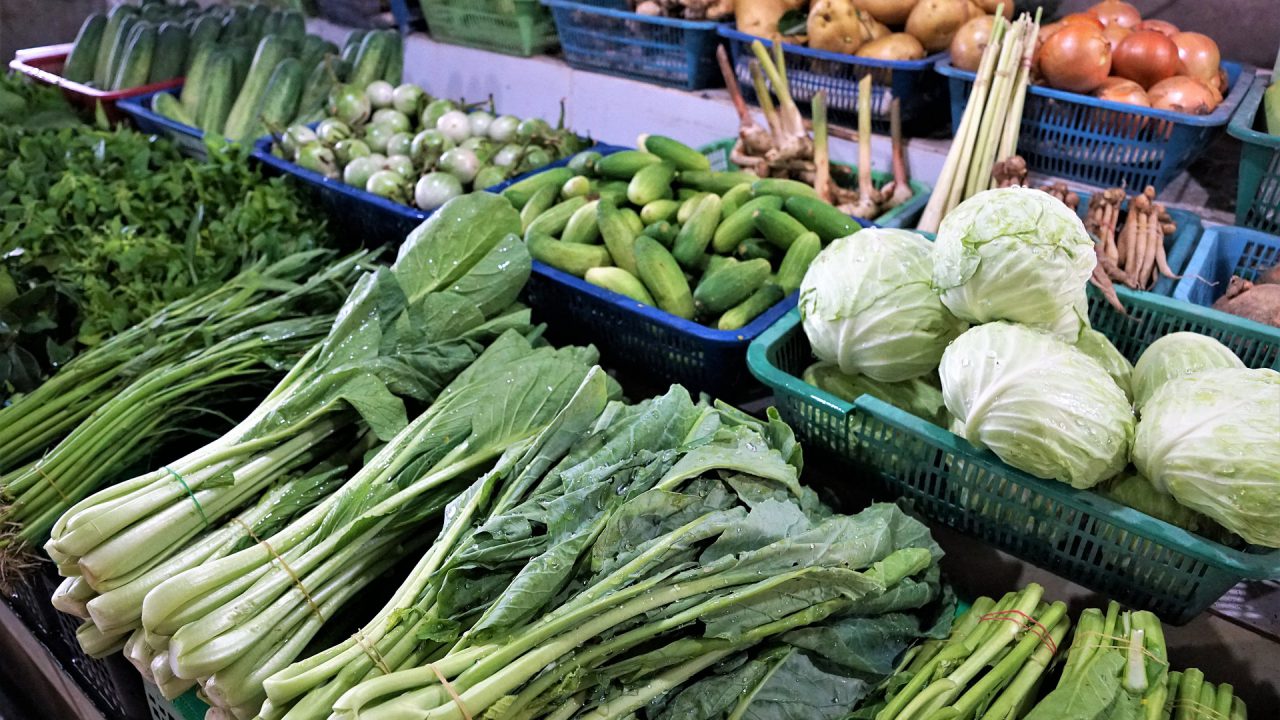A senator has called for a “serious conversation” around retail policy that allows for a large proportion of fruit and vegetable produce to be wasted because of their physical appearance.
Senator Tim Lombard has said that retailers should not be allowed to dismiss fruit and vegetables that do not meet cosmetic standards as food inflation and waste continues.
Speaking this afternoon (Monday, May 15), Lombard called on the Joint Oireachtas Committee on Agriculture, Food and the Marine to to discuss the issue with retailers and stakeholders, including Bord Bia and Teagasc.
“In recent weeks we’ve seen the debate about food inflation and food prices intensify.
“We have seen growers of vegetables and fruit in this country who end up with up to 30% of their product never even making it to supermarket shelves because it doesn’t meet cosmetic standards required,” Lombard said.
The senator – who was announced as Fine Gael’s party spokesperson on agriculture last week – said that a discussion was needed on this issue from the point of view of food waste, the cost to the producer, and the attitudes of retailers and consumers.
“We’ve seen the numbers of growers in this market decrease dramatically. In the 1980s there were approximately 1,200 vegetables growers in Ireland. Today there are less than 200 and there is an expectation that the sector will contract further this year,” Lombard said.
“The sector is being squeezed with lower prices for their product, higher costs, and waste because produce is deemed too ugly for the supermarket shelves.
“At a time when this should be a good news story in terms of food security and offering sustainable produce, the sector is in crisis,” he added.
He called for an examination on the influence that large retail chains exert over the fresh food produce market.
“These policies [of retailers in relation to these produce] have become another stick to beat the primary producer with,” according to Lombard.
“We need an honest conversation and transparency around costs and pricing right throughout the food chain.”
The senator said that all stakeholders must be part of that conversation, and that they “must address this appalling waste between the farmgate and the supermarket shelves”.
Lombard said that educating and informing consumers can change their attitudes and reduce food waste.
“Value can be achieved by both the processor and consumer by operating a more sustainable food chain from farm to fork in a way that is beneficial in the long term for all,” he added.
